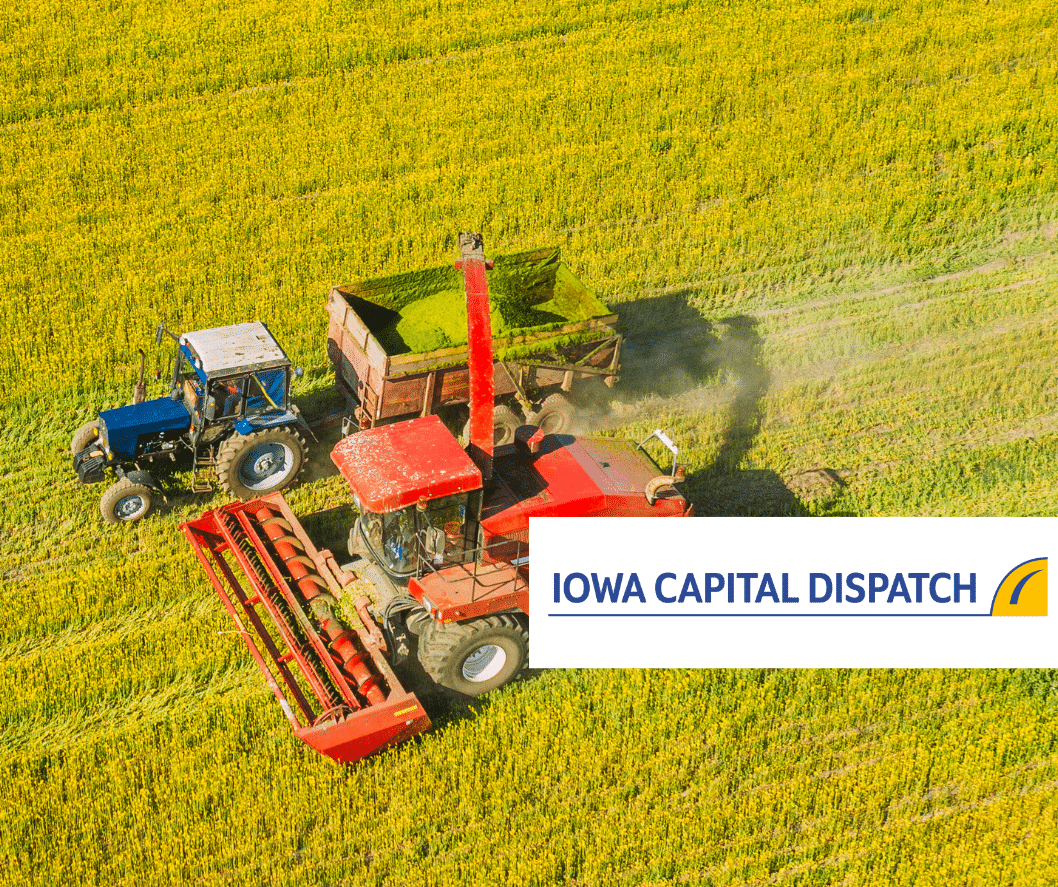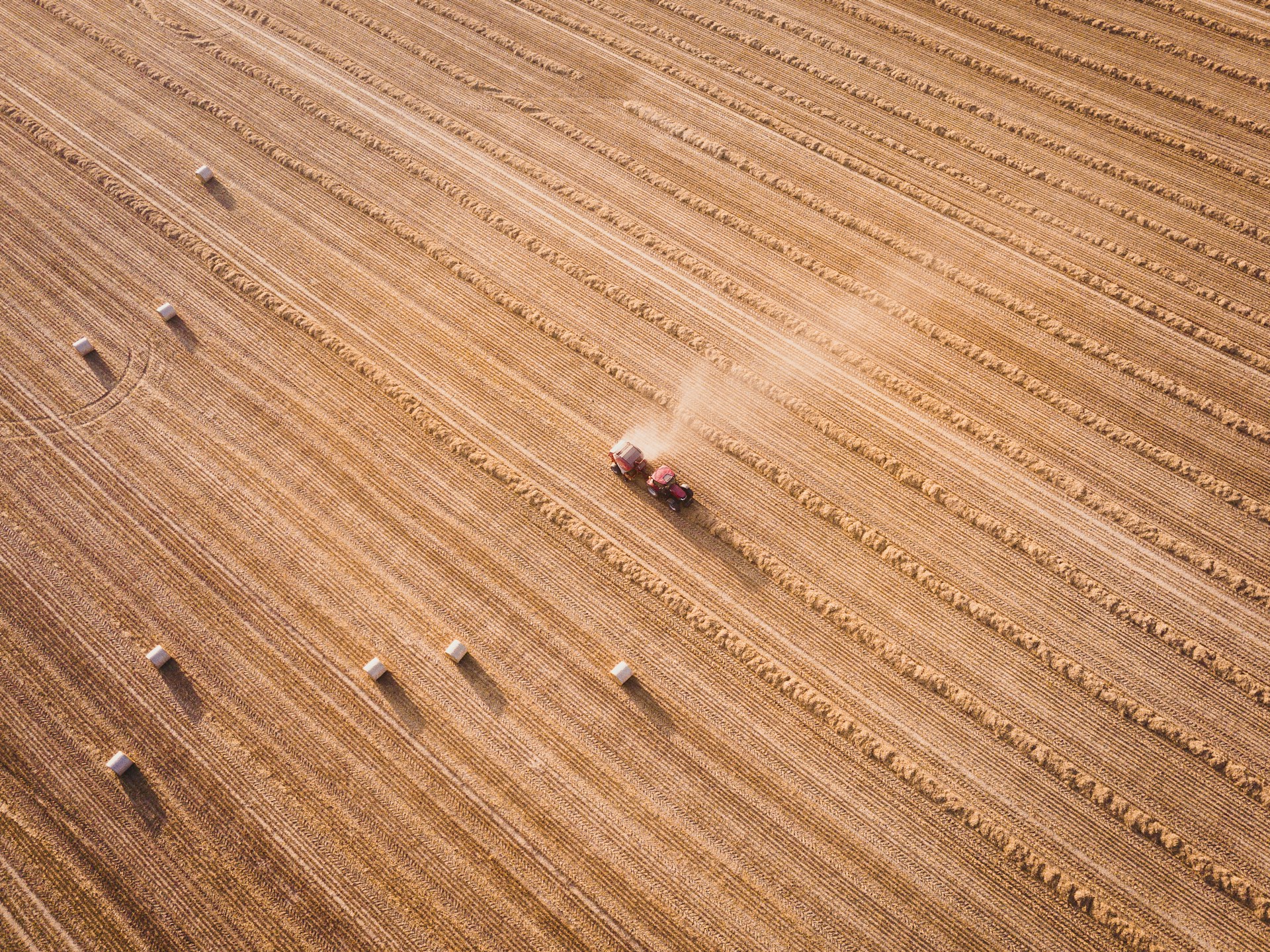Deep Dive: The Farm Bill
The federal government supports agriculture through a wide range of favorable policies, subsidy payments, trade restrictions, marketing orders, loan guarantees, and more. Some policies and subsidy payments are authorized through the five-year farm bill, expiring in 2023. Major income subsidy programs for agricultural producers within the $1.3 trillion farm bill include price guarantee, shallow loss, federally subsidized crop insurance, bioenergy, sugar and dairy, farm bill-authorized disaster, and other programs. The farm bill also includes research, nutrition, conservation, trade, and other titles. Income subsidy payments for agricultural producers are also authorized outside the five-year farm bill, through supplemental appropriations bills, including those for ad hoc disaster aid and COVID-19. Subsidies also flow to biofuels, cotton, and certain commodity crops unilaterally through the U.S. Department of Agriculture’s (USDA) Commodity Credit Corporation (CCC), a wholly-owned corporation of the U.S. government.
The size and scope of the federal agricultural safety net has grown over time to cover additional types of crop, revenue, and yield losses, in addition to guaranteeing certain producers’ profit margins. With disaster, COVID-19, and other subsidy payments layered on top of highly subsidized crop insurance, the farm safety net is in dire need of reform. Instead of promoting increased dependence on the government for taxpayer-funded bailouts, federal policies should promote resilience to future economic and climate challenges. Federal spending on agriculture should also be focused and fiscally responsible.
Policies should work in concert with one another. Agricultural conservation goals of improved water and soil quality and carbon sequestration should be promoted instead of subsidies for certain commodity crops (wheat, corn, soybeans, cotton, rice, and peanuts) flowing to large landowners at the expense of taxpayers, other farmers, environment/climate, and consumers.
Want to know more about the Farm Bill?
We’ve been talking about this topic for a long time. Explore our deep archive of material below.





